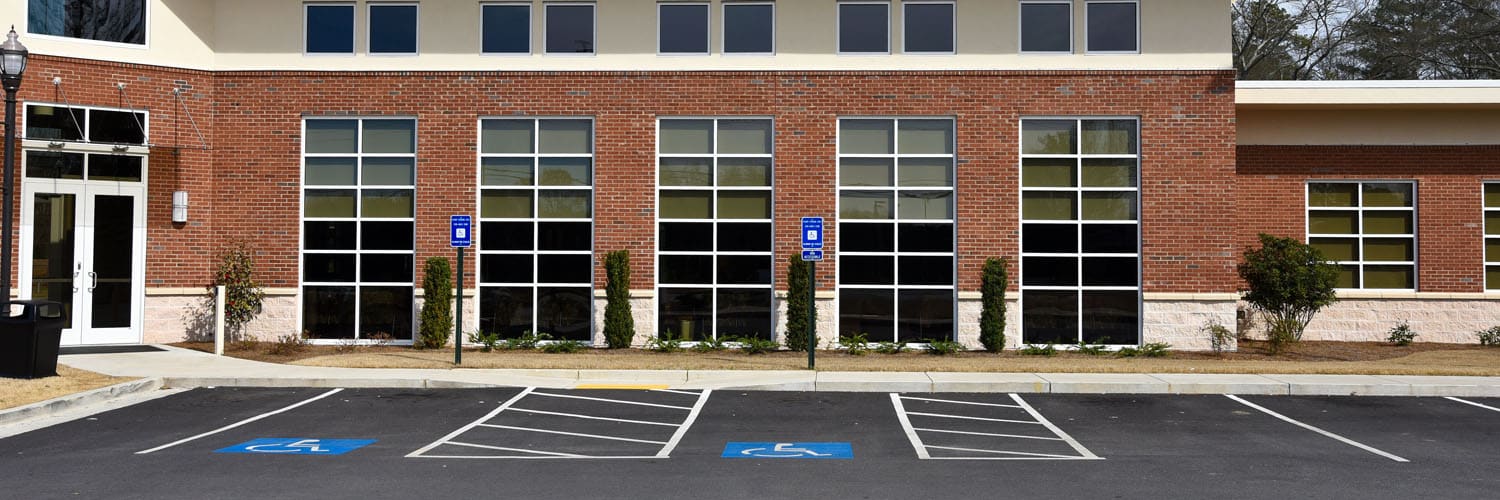Lender Placed Insurance
What is lender-placed insurance for commercial real estate?
When a borrower fails to meet the insurance requirements of a commercial real estate loan, the financing institution may choose to get lender-placed insurance. This may continue to provide the lender with coverage against damage to the building.
Lender-placed insurance may provide coverage for a lender’s stake in a financed property, when the borrower has let coverage lapse. Policies are readily available for most commercial real estate.
When can lenders get force-placed insurance for a commercial property?
Lenders usually can get force-placed insurance when a borrower doesn’t keep the minimum insurance coverage required by a loan. Getting coverage can ensure that a lender’s interest remains protected.
Getting a force-placed policy can be especially important for commercial properties, due to how much they can be financed for.

Request A Quote
Have More Questions?
If we haven’t answered all your questions or you’d prefer to talk to someone, please don’t hesitate to give us a call!
800-743-3898What is the process of obtaining force-placed insurance for commercial properties?
While lenders usually can get force-placed insurance once a commercial property’s insurance lapses, there are specific requirements that lenders normally must adhere to.
Lenders are typically required by law to issue a 45-day notice to the borrower, followed by a 15-day reminder. Only after these and the requisite time can lenders get coverage. Coverage is also subject to any specifics contained in a loan agreement, which might vary from one loan to another.
Because specific requirements must be adhered to, lenders may want to consult with an insurance agent who knows force-placed insurance well. An attorney might also be consulted before sending the first notification.
What types of perils does creditor-placed insurance provide?
Depending on a policy’s particular terms, creditor-placed insurance may protect against a variety of potential perils that could cause significant damage. For example, the following may be covered:
- Fire and smoke
- Theft and vandalism
- Wind and severe weather
- Lightning
- Other perils as detailed
A knowledgeable insurance agent can detail exactly what a given policy would likely cover.
Are earthquakes covered by creditor-placed insurance policies?
Earthquakes are one peril that creditor-placed policies, much like standard commercial property policies, generally don’t protect against. While earthquakes are a notable risk in states like California, they aren’t a major risk in many states.
When it’s needed, such as for a financed property somewhere in California, earthquake coverage may be available through a separate policy. Having it as a separate coverage allows lenders to customize their policy according to the risks that are present where a property is located.
Are floods covered by creditor-placed policies?
Floods can be another major concern for properties near bodies of water, whether that’s the California coastline, the Mississippi River, or some pond or stream that could overflow.
As is the case with earthquakes, standard creditor-placed policies generally don’t cover flood damage. Coverage for flooding is readily available through creditor-placed flood insurance in most cases, though.
Who pays the premiums charged for creditor-placed insurance on a commercial property?
The cost of lender-placed policies is generally passed onto the property owner. The lender may actually transmit payment to the insurer, but they normally collect payment from the property owner. The premiums are often added to the monthly loan payment, continuing until the borrower obtains the required coverage.
If the property owner secures adequate insurance coverage, the lender is often obliged to cancel their creditor-placed policy within 30 days. Any excess premiums usually are refunded to the property owner.
How do claims against creditor-placed policies get filed?
Claims on lender-placed policies are typically filed by the lender with the insurance company underwriting the policy, as the policy is primarily for their protection. A knowledgeable insurance agent can assist with this process, which isn’t too difficult.

Where can lenders find lender-placed insurance for commercial real estate properties?
If you’re a lender needing lender-placed insurance for a commercial real estate property, get in touch with the specialized agents at QuieTrack Insurance Services. Our agents will help you explore your options, and find a lender-placed policy that’ provides solid protection for your stake in a property.
Request A Quote!
Give us a call to learn how we can relieve your insurance tracking headaches so you can focus on your core business.
